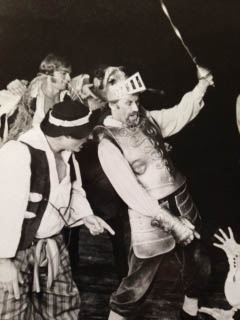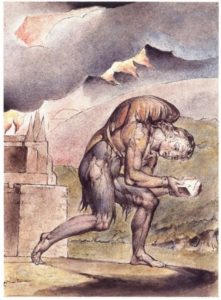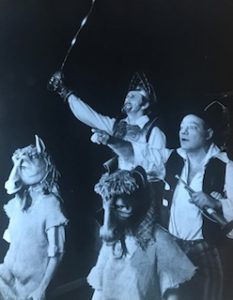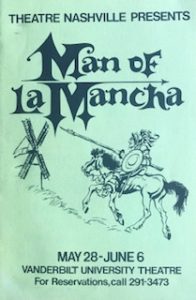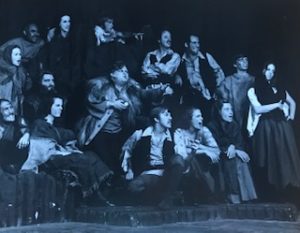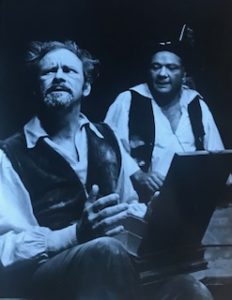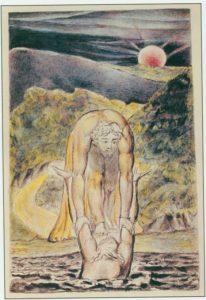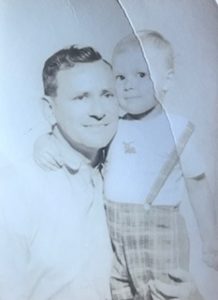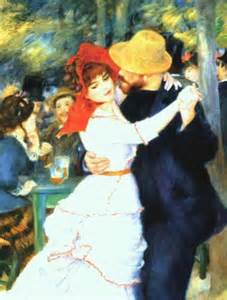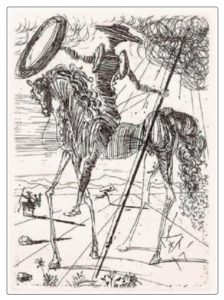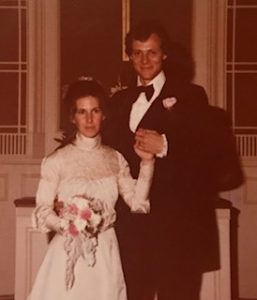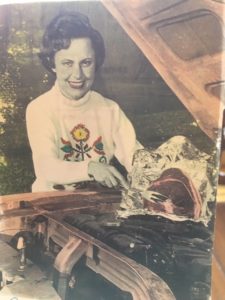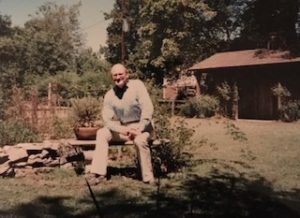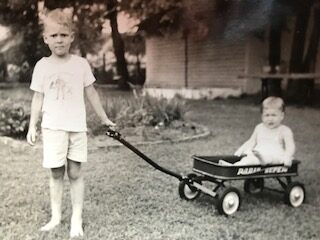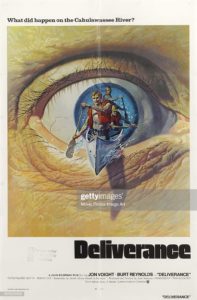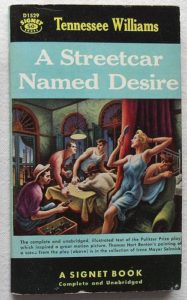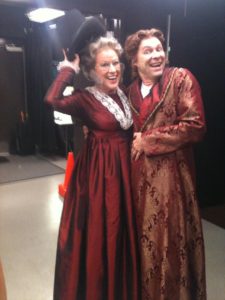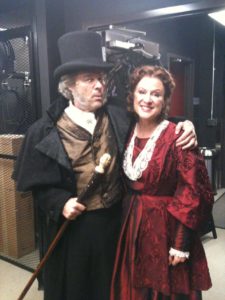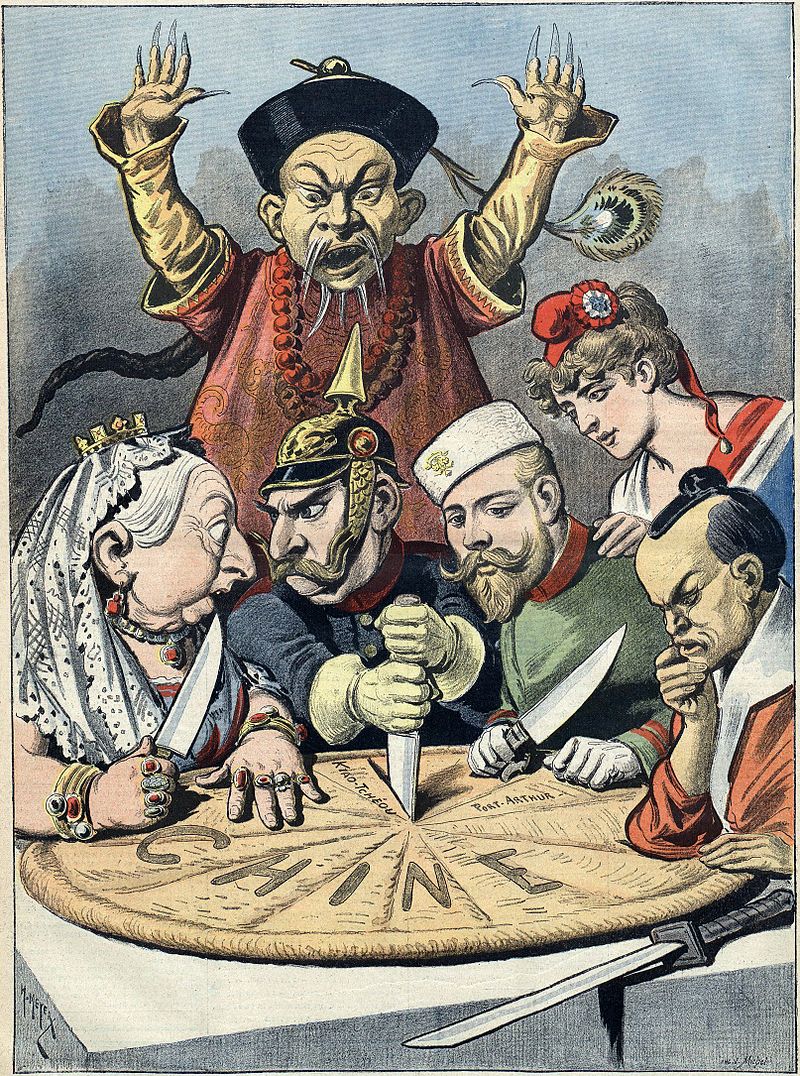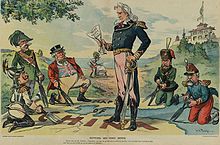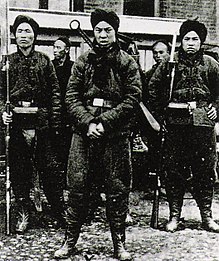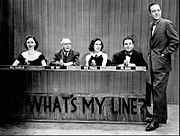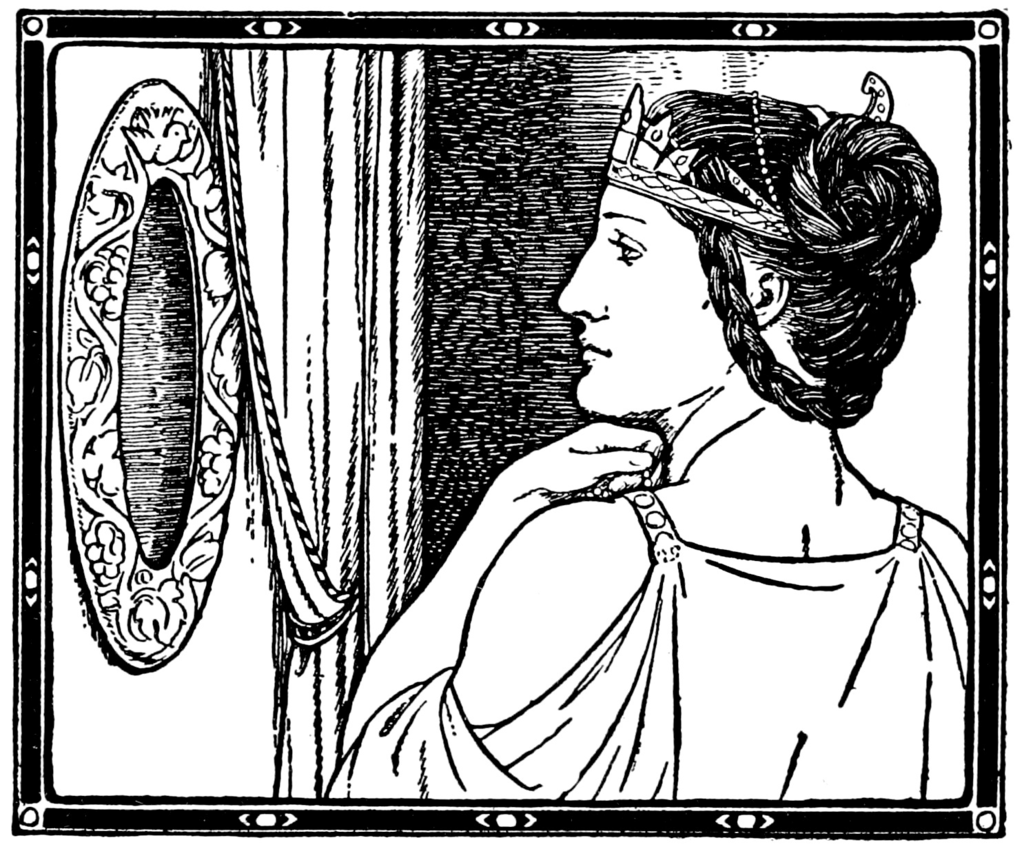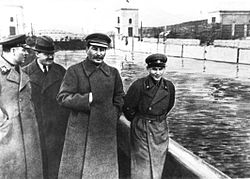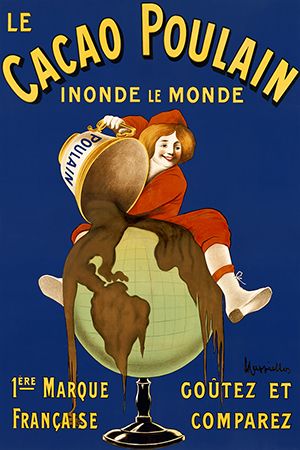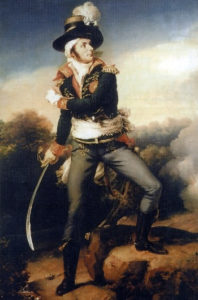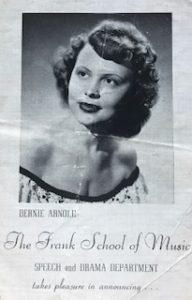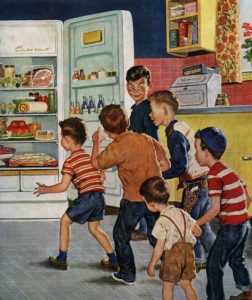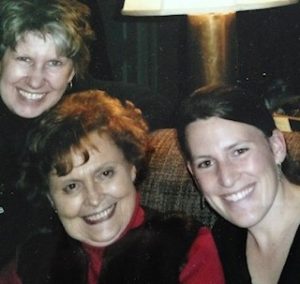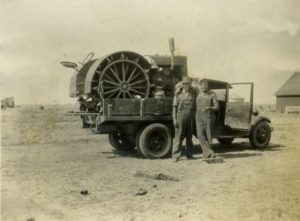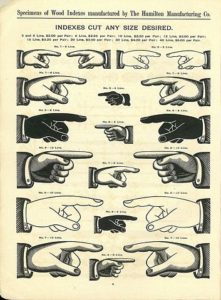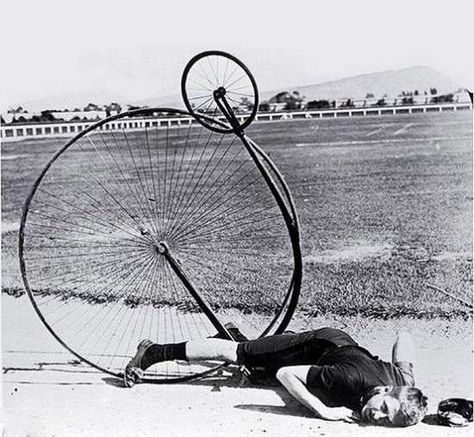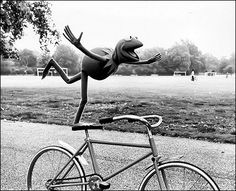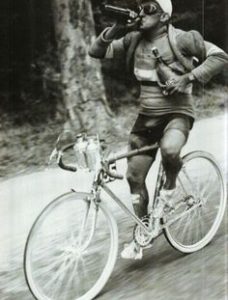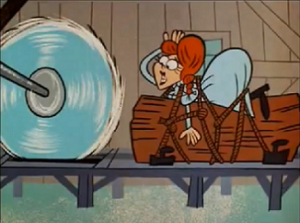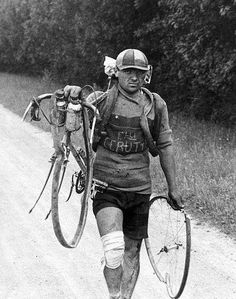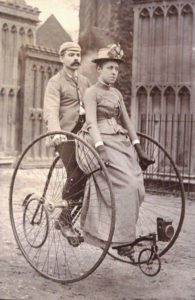You Gotta Love This Woman
We received a call recently from concerned parents worried about my wife’s influence on their children. The concerned parents were our daughter Lauren and son-in-law, Erik, and the children in question were our grand children. This was not an easy thing to accept. The complaint had to do with Kay’s lullaby catalog sung to the grand kids when she puts them to bed at night. I had long since been banned from lullaby duty. When I would pinch-hit for Kay in her absence all I came up with was “Purple Haze,” “Stairway to Heaven,” “Whipping Post,” and “Born to be Wild;” lullabies that were good enough to sing to my own girls when they were growing up, but now were somehow deemed questionable. I blame the “parenting” craze for that. “The times they are a changin’.”

What precipitated the call was when Lauren and Erik were in the car with the kids a few weeks ago and began to hear their children singing in the backseat, “99 Bottles of Beer on the Wall.” The lyric the grand kids were singing began with the number ten and not the compulsory number in the title (I hope there will be no copyright infringement suits after this story goes public). Just to confirm what they heard, the parents listened for a few more musical rounds until the number dropped to seven. Husband and wife first inquired of each other if one of them had taught that song to the kids, but both denied it with an emphatic “no.” Then they turned around and asked the cherubs in the backseat.
“Guys, where did you learn that song?” asked both parents in unison.
The singing stopped and there was a brief pause from the backseat. By the tone of the inquisition, the cherubs suspected they might be in trouble.
“Kayme!” came the unison reply.
The horror. The horror. And straight to the speed dial number for Kayme did the parents go.

The third degree started as soon as Kay answered. The interrogation did not last long. Kay laughingly confessed. When we are with the grand kids, bedtime unfolds in two acts: they all pile in our bed and I read them a couple of books. Afterwards, I will carry them to their beds (this practice of “carry me, carry me” will either end by middle school or when my back gives out). Once tucked between the sheets, I exit, Kay enters, and the lullabies begin. She sings the standards, but on this particular night while the parents were out on a date, the kids were more amped up than usual. I get blamed often for being the catalyst for this rowdy behavior and must plead guilty. Kay had come to the end of her play list, but those crazy kids wanted more. So Kay reached back into her long ago, and “99 Bottles of Beer on the Wall” started spilling out of her mouth; this from the grandmother who has never consumed a bottle of beer in her life. Now the song has a fixed place in Kay’s lullaby repertoire. Of late, it is usually the first request.

On this last Father’s Day we met Lauren, Erik, and the kids at the Fiery Gizzard trail-head for a day of hiking and swimming in Sycamore Falls. When we returned to the parking lot that afternoon, Kay collapsed her retractable walking sticks and took one in her right hand and began to twirl it. The grand kids were in awe by the level of expertise flaunted by their grandmother and shouted, “Look, Kayme’s a twirler.”
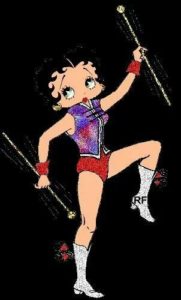
“I’m not a twirler,” she replied, stone-faced and with a stone-edged vocal tone. She continued to twirl that stick right down her fingers and back again. It was a nimble display of manus digitus. She finished with a flourish and then stated, “But I have friends who are twirlers.”
Yeah. I know. It makes no sense, and her grandchildren stood dumbfounded at hearing their Kayme deny she was a twirler and yet showing off the very talent she disclaimed. Their confusion was heartbreaking. It is a good thing Kay is a mental health professional. She will be able to provide our grand kids the proper therapies to recover from such emotional traumas.
Using the rule of the comic triple, I offer my final complicated reason why I gotta love this woman.
On a recent drive into Nashville we had come to the point along the Interstate where it goes from two lanes to four. A gray pickup truck was two lanes over and slightly ahead of us. Kay was about to overtake him when suddenly the driver floored the accelerator, and with an explosive gust of power, he left us in a black plume of ozone-killing diesel fumes as he zoom-zoomed down the highway.

“That guy has to be going over 100 mph,” Kay said.
“And how would we (royal “we”) know this?” I asked.
“Well, if I was going 90, it might feel something like this. And he is going much faster than us.”
I just hung my head knowing that “if” our guardian angels were paying attention, they had long since abandoned us back where the speed limit sign had said 70 mph. My wife needs Wyoming highways, not these restrictive citified roadways.
When I told her that I was going to include this moment in my next blog installment she asked with only a hint of remorse, “Why don’t you say 80 mph instead of 90?”
“Sorry, Babes,” I told her. “I don’t report fake news.”
So you see what I have to live with, but I admit, you gotta love this woman. And I do. I want to grow old with her, and if she doesn’t kill us on some highway, I just might get to do that.

Cover Photograph: Kay on top of “Angel’s Landing” in Zion National Park. One of our two daughters took this shot because I was too chicken to make the summit with them.


